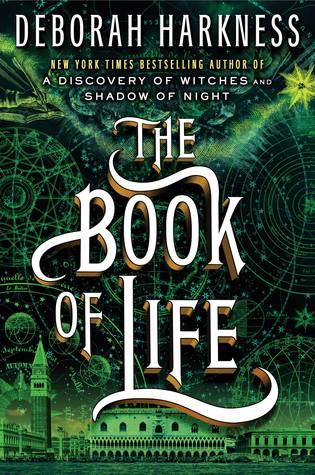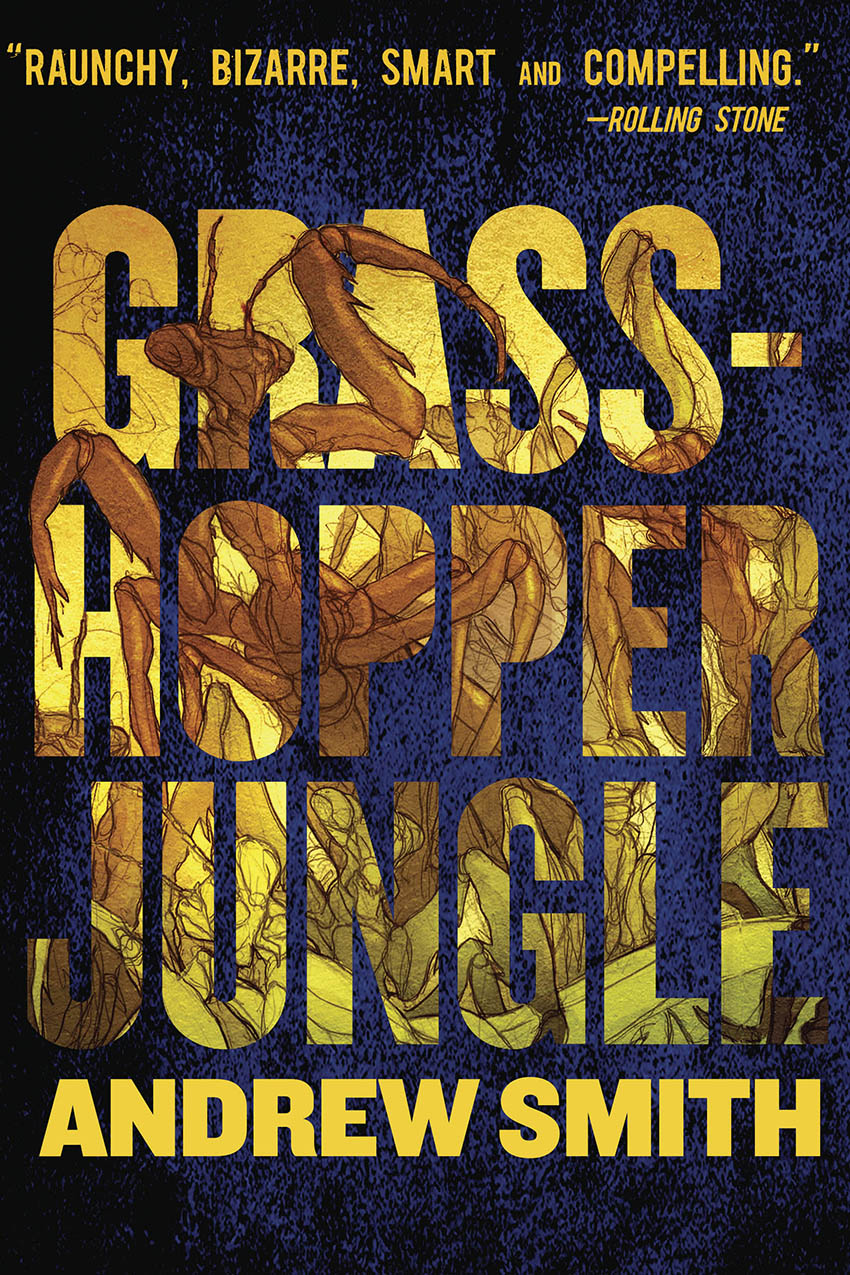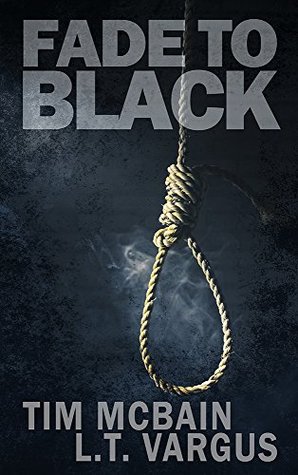Warning! Do not read
this story until you’ve read A Discovery
of Witches and Shadow of Night!
My review of A
Discovery of Witches: http://ineedanotherbookcase.blogspot.com/2015/04/a-discovery-of-witches-by-deborah.html
My review of Shadow of
Night: http://ineedanotherbookcase.blogspot.com/2015/04/shadow-of-night-by-deborah-harkness.html
Once again, before beginning, for anyone who hasn’t read A Discovery of Witches and Shadow of Night, I recommend brushing
up. The books are very detail heavy and
hold one long continuous story. For
anyone who hasn’t read either…this is not the starting point you are looking
for.
 After returning from
1590 Elizabethan London, the setting of Shadow of Night, Diana Bishop and Matthew Clairmont are back in the present, ready to finally
uncover the mysteries contained in Ashmole 782.
They return to Matthew’s home in Sept-Tours, France with Diana nearing
her due date. As this wonderful moment
of their life approaches, Diana, Matthew, along with their friends and family, must
prepare for the dangers that arrive as they delve into the secrets of Ashmole
782, both within the Congregation, the council formed from all three
supernatural groups, and without. As
secrets are uncovered, prepare yourself for the electrifying end of this
expansive tale.
After returning from
1590 Elizabethan London, the setting of Shadow of Night, Diana Bishop and Matthew Clairmont are back in the present, ready to finally
uncover the mysteries contained in Ashmole 782.
They return to Matthew’s home in Sept-Tours, France with Diana nearing
her due date. As this wonderful moment
of their life approaches, Diana, Matthew, along with their friends and family, must
prepare for the dangers that arrive as they delve into the secrets of Ashmole
782, both within the Congregation, the council formed from all three
supernatural groups, and without. As
secrets are uncovered, prepare yourself for the electrifying end of this
expansive tale.
In A Discovery of
Witches, the reader is introduced to Diana Bishop, alchemic historian and
witch, and Matthew Clairmont, biochemist and 1500 year old vampire. Together they pursue Ashmole 782, an ancient
and mysterious tome sought after by witches, vampires and daemons for
centuries. Diana, reluctant to use her
magic, has spent her life trying to push aside that part of her life. However, with the appearance of this tome and
Matthew’s romantic advances, she (as well as the reader) is brought into the
world that she had spent her life trying to stay apart from.
In Shadow of Night,
Diana and Matthew, in an effort to find some clue to the location of and
mystery to Ashmole 782, travel back in time to 1590 Elizabethan London. While searching, Diana also seeks out a
fellow witch to help her understand her powerful, and dormant, magical
abilities. As they search for both tome
and tutor, Matthew must reconcile his past life, a life that gives Diana a
deeper understanding of Matthew, and his current, more mature mentality.
Finally, in The Book
of Life, this uninterrupted trilogy comes to an end, as Diana and Matthew
are once again in the present day, and the events surrounding Ashmole 782 come
to a close.
In The Book of Life,
the final installment of the All Souls Trilogy, there is a lot of new, but not
unwarranted, information being thrown at the reader. Events of the previous book have provided
Diana and Matthew with new information that can only now be acted upon due to
modern technology and, because of this, we get to see Chris again. For those who don’t remember, Chris is Diana’s
academic BFF introduced in A Discovery of
Witches, and his small, but complex, character from the first book is
fleshed out and he becomes an enjoyable secondary character. And Chris is not alone in this, many other
characters reprising their roles as they are brought to the foreground. In the race to discover what secrets Ashmole
783 hides, there are no holds barred as a number of other characters take on
life and import.
With the exception of the final section of the book (don’t
worry, I’ll get to that) Harkness still writes with a loving attention to
detail. The world, events, and people will
have you in rapture. Beautiful attention is paid to even the tiniest detail,
and the complexities of the human (or otherwise) experience is wonderfully done. Events of the prior books, and the time travel
within, are given deeper meaning and brought to a neat and tidy close as the
saga ends, leaving few loose ends for fans to wonder over.
Then there’s Diana.
Wow. Finally, the culmination of
all the witchy experiences the readers have seen as she traversed this timeline
and, I’ve gotta say, it was definitely worth it. To say I was 100% fine with how Diana and her
powers turned out would be dishonest, but what I wanted would have been too
strong a deviation from her already established character. Given everything that the last two books, as
well as prior events in this book, it’d be hard to find a reader that is legitimately
disappointed.
All notes of the fantastical and fictitious aside, the moral
of this story is a timeless one that readers will, if current trends are to be
believed, not tire of for generations to come.
Two lovers who shouldn’t be together are together and, despite the odds
and opposition, they will fight tooth and nail to be true to themselves.
The primary downside of this book is the decrease of originality
and life that the previous two had.
While this is definitely a strong book, it’s clear that it’s not quite
as strong as the previous two (some weakness are overcome by the fact that this
is a concluding piece, allowing for more possible points of merit than its
predecessors). Harkness loves history, which
is made clear throughout the series and, while history has some play in The Book of Life, the strongest genre in
this book is that of fantasy and fiction, rather than history. Though entertaining, The Book of Life lacks the same level of scenic beauty and literal detail,
many of the story’s subplots bordering cliché and trope-like.
The second downside of this book is the pace towards the
finale. Harkness has spent well over a
thousand pages using loving detail to fully immerse the reader in this world and
yet, when we come to the most crucial events, the concluding events that this
entire story has been building up to…it’s rushed. Any jumps in time taken previously were
typically followed, at some point, by a summary of events that took place
during that period, typically amounting to “this is why these events weren’t
important for me to spend time on, you’re welcome” and the story was better for
it. However, nothing like that happens
here. Events, plans, and travels are
rushed over and it feels more like Harkness is just trying to get to the
end. If it were any a number of other
authors writing this, then I most likely wouldn’t have any problem with this
but, since this is Harkness, I’ve come to expect a certain level of detail and
care that just isn’t present.
All in all, it was an enjoyable end to the series. While it wasn’t my favorite installment in
the trilogy (though I had hoped it would be), it also wasn’t my least. If you’ve read A Discovery of Witches and Shadow
of Night you would be a fool to even consider skipping this book. And to everyone who read this review knowing
nothing about the prior two, if you’re a lover of words, fiction, fantasy, romance,
vampires, witches, or history, then this is a must read.
Rating: 4/5

